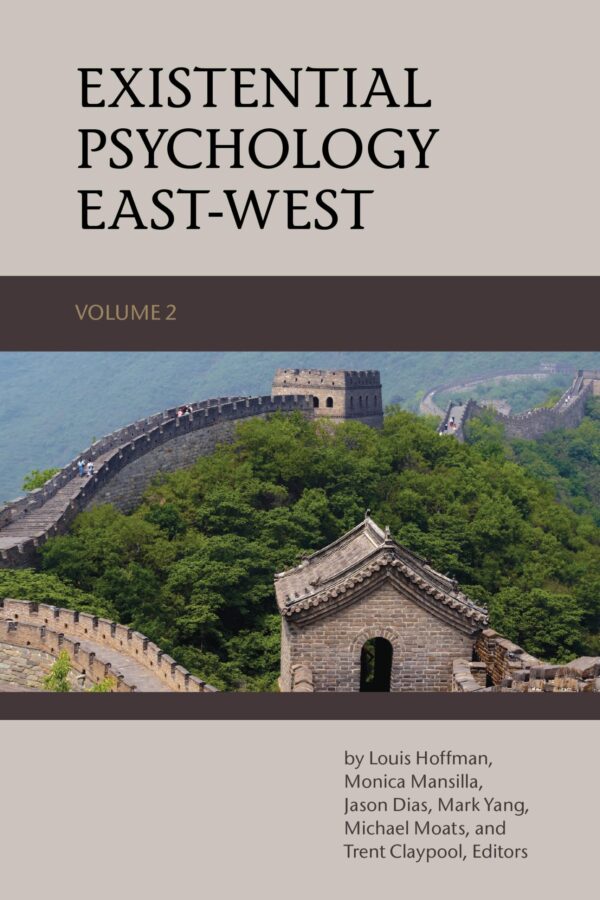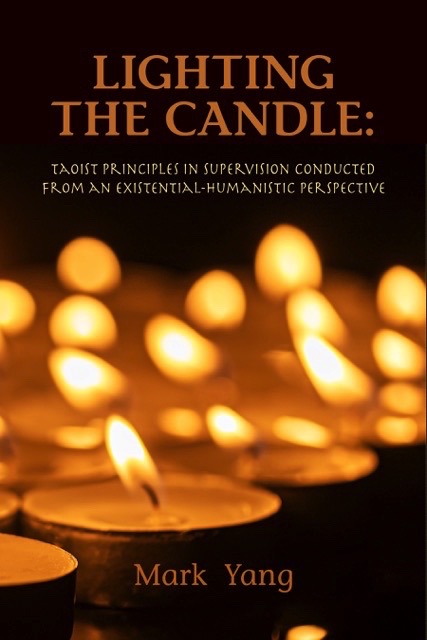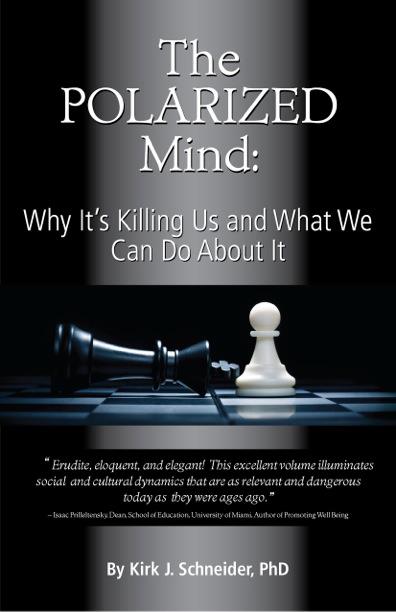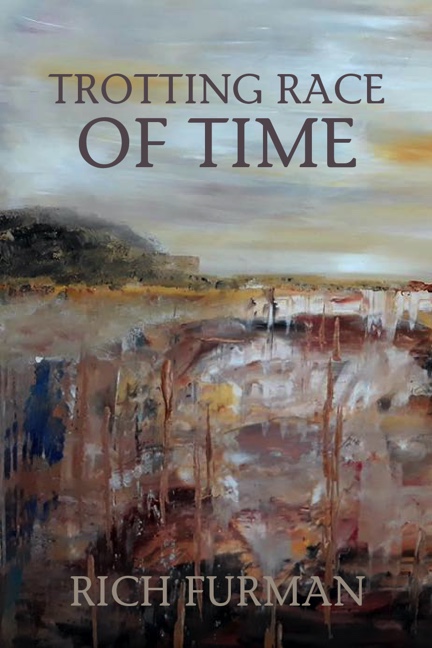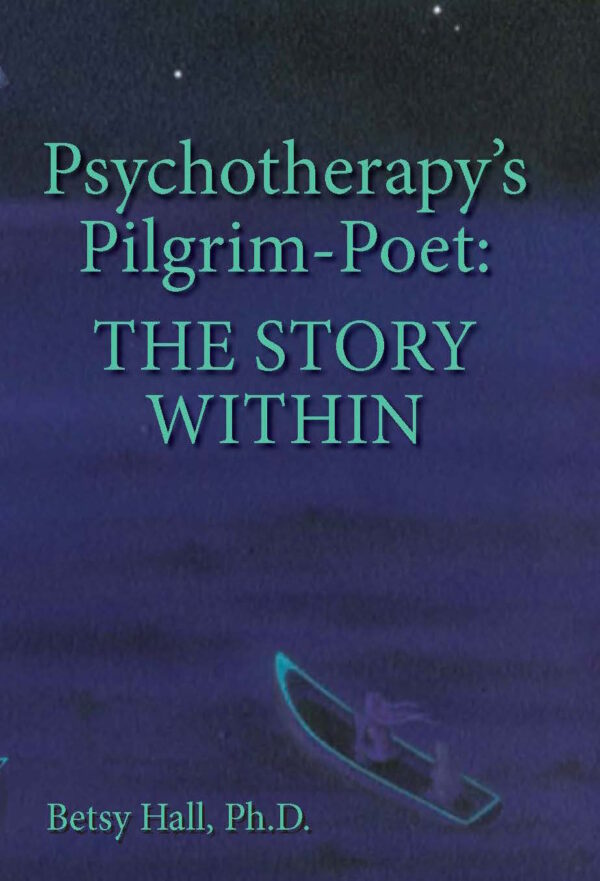Existential psychology is more relevant to the contemporary world than ever before. This dynamic and provocative anthology not only presents an authoritative history and descriptions of the topic, but includes chapters by Chinese psychologists who have found ways in which existentialism both resonates and contrasts with Asian wisdom traditions. This is a cutting edge book that needs not only to be read, but to be applied to the human condition, both East and West.
Stanley Krippner, PhD, Co-Editor, The Psychological Impact of War Trauma on Civilians
Face-to-face interaction in China led to virtual collaboration in writing this book. With the perspectives of scholars in both the USA and China represented, a true dialogic relationship is evident in this collection. Differences and difficulties in cultural understandings of existentialism are addressed forthrightly which deepens the reflection process that is a hallmark of existential psychology. Existential Psychology East-West also serves as a bridge to Chinese/Asian traditions as they are articulated from an existential perspective. What a terrific model for cross-cultural collaboration and dialogue!
David Lukoff, PhD
In this collection of 20 chapters entitled Existential Psychology East-West, the authors have brightly limned the commonalities and differences in Eastern and Western mentalities and their respective approaches into the “vasty deep” of human joy and anxiety, pleasure and suffering, enduring human values and personal ephemerality, and the emic and personological peculiarities of individuals in the various cultures that are clustered in these two hemispheres. The indigenous existentialism they each, separately, have in common provides a bridge for readers to understand each other in both universes of discourse. The Human in its sociality and individuality is treated without sentimentality and with scholarship. This book is not an ideational blender. Free of bromides and clichés, Existential Psychology East-West respects the distinctness and beauty of stand-alone paradigms for, and cultural visions of, the Human. This book makes a significant contribution to its domain of interest.
Frank Dumont, EdD
Full Professor (retired), McGill University, Montreal, Quebec
Existential Psychology East-West will appeal to anyone with an interest in understanding themselves and the nature and nurture of the human condition. Reading EPEW is like encountering a great river. It courses through the existential terrain and draws from many tributaries. It is both mysterious and inviting, beckoning the reader: ride the currents, plumb the depths, drink from the water.
Kevin Keenan, PhD
Faculty, Michigan School of Professional Psychology
Published: February 18, 2019
Pages: 464 pages
ISBN (paperback): 978-1939686237
ISBN (hardcover): 978-1939686947
ISBN (ebook): 978-1939686336
Acknowledgments i
Poetic Preface by Tom Greening
Foreword by Donadrian L. Rice
Introduction to the First Edition by Louis Hoffman, Mark Yang, Albert Chan, & Francis J. Kaklauskas
Introduction to the Second Edition by Louis Hoffman, Mark Yang, Francis J. Kaklauskas, Albert Chan, & Monica Mansilla
Part 1: Overview of Existential-Humanistic Theory & Practice
Chapter 1 Introduction to Existential-Humanistic Psychology in a Cross-Cultural Context by Louis Hoffman
Chapter 2 An Existential-Humanistic Psychotherapy Case Illustration by Louis Hoffman & Nathaniel Granger
Part 2: East and West Perspectives on Existential Psychology
Chapter 3 Existential-Humanistic Psychology Dialogues in China: Beginning the Conversation by J. Christy Thrash, Francis J. Kaklauskas, Michael M. Dow, Elizabeth Saxon, Albert Chan, Mark Yang, & Louis Hoffman
Chapter 4 Further Development of Existential-Humanistic Dialogues in Southeast Asia by Anne Hsu, Rodger Broomé, Monica Mansilla, Evone Phoo, Jason Dias, Michael Moats, Louis Hoffman, & Mark Yang
Chapter 5 Tao, Daesin, and Psyche: Shared Grounds for Depth Psychotherapy by Erik Craig
Chapter 6 Spiritual Warrior in Search of Meaning: An Existential View of Lu Xun through His Life Incidences and Analogies by Xuefu Wang
Chapter 7 Existentialism, Taoism, and Buddhism: Two Views by Kirk J. Schneider & Benjamin Tong
Chapter 8 Existential Themes in the Parables of Jesus by Mark Yang
Chapter 9 The Heart of Jungian Analysis and Existential Psychotherapy by Heyong Shen
Chapter 10 Global Authenticity by Myrtle Heery
Chapter 11 Zhuangzi’s View of Freedom by Zhaohui Bao
Chapter 12 A Contemplative Approach to Existential Psychotherapy: Mindfulness as Existential Praxis by Michael M. Dow
Chapter 13 In and Out of the Distress: A Survival Philosophy of Shi Tie-Sheng by Wensheng Wang
Chapter 14 Dream Idioms: Using Chengyu, Idioms, and Proverbs to Interpret Dreams by Richard Bargdill
Chapter 15 The African Usage of Existential Psychotherapy by Anthony K. Nkyi
Part 3: Existential-Humanistic Perspectives on Culture and Myths
Chapter 16 Gordo’s Ghost: An Introduction to Existential-Humanistic Perspectives on Myth by Louis Hoffman
Chapter 17 The Kemet-Egyptian Myth of Osiris and Isis: The Eternal Drama of Creation, Generativity, Destruction, Death, Rebirth, and Resurrection of the Human Spirit by Alan G. Vaughan
Chapter 18 On Existential Aloneness: The Earthly Pilgrimage by Emory G. Cowan, Jr.
Chapter 19 In Harmony with the Sky: Implications for Existential Psychology by Albert Chan
Chapter 20 The Myth of Obedience: An Existential Analysis of American Beauty by Cathy Calvert, Kate Calhoon, Steve Fehl, & Christine Gregory
Chapter 21 Funerary Rituals in China, Confucianism, and the Existential Issues of Death and Meaning by Bohan Zhang
Chapter 22 Brokeback Mountain: A Gay and Universal Love Story by Ilene Serlin
Chapter 23 Building the Great Wall of China: Postmodern Reverie and the Breakdown of Meanings by Ed Mendelowitz
Chapter 24 Kisagotami, Buddha, and Mustard Seeds: An Existential Psychological Perspective by Francis J. Kaklauskas & Elizabeth A. Olson
Chapter 25 Junkanoo: A Bahamian Cultural Myth by Heatherlyn Cleare-Hoffman
Appendix:Annotated Bibliography of Works Related to Existential-Humanistic Psychology Christopher S. M. Grimes, Ashley Whitaker, Matthew Thelen, Erica Palmer, Michael Moats, J. M. Chavis, Ellen Marsalis, Barbara Dobson, Geneva Shewmaker, Kirk J. Schneider, Tori Bowers, & Louis Hoffman
About the Editors
Contributors Information
Index
Louis Hoffman, PhD, is a licensed psychologist in private practice in Colorado Springs and teaches at Saybrook University. He is also a co-founder of the International Institute of Existential-Humanistic Psychology (www.iiehp.org) and regularly travels to China to offer teaching and training relevant to existential and humanistic psychology. Dr. Hoffman has been recognized as a fellow of the American Psychological Association (APA) and five of its divisions (Divisions 1, 10, 32, 36, & 52) for his contributions to the field of psychology. With 15 books and over 100 articles/book chapters to his credit, he is an avid writer, including poetry, journal articles, book chapters, and books. He serves on the editorial boards of the Journal of Humanistic Psychology, The Humanistic Psychologist, and Janus Head. Also committed to service, Dr. Hoffman is the current president of the Rocky Mountain Humanistic Counseling and Psychological Association (www.rmhcpa.org), is a past president of the Society of Humanistic Psychology (APA Division 32), and serves of the board of the Humanitarian Alliance. Most importantly, Dr. Hoffman is a husband and father. He enjoys living in beautiful Colorado Springs with his wife, children, and two dogs.
Mark Yang, PsyD, is a United States licensed clinical psychologist and co-founder and director of the International Institute of Existential-Humanistic Psychology (www.iiehp.org), whose mission is to promote Existential-Humanistic Psychology and provide counseling skills training to mental health professionals in Asia. He is actively involved in the training and supervision of psychology students from the Existential-Humanistic Perspectives throughout Asia. His professional interests include existential psychology, individual and group psychotherapy, grief and bereavement counseling, legal and ethical issues in clinical practice, and cross-cultural psychology. Dr. Yang is the editor of the book Existential Psychology and the Way of the Tao: Meditations on the Writings of Zhuangzi. He is also the co-editor of the books Existential Psychology: East-West Volumes 1 & 2. Dr. Yang was born in Taiwan and immigrated with his family to the United States when he was nine years old. He is also a dog and cat lover.
Francis J. Kaklauskas, PsyD, is a licensed clinical and organizational consulting psychologist. He has worked in a variety of clinical setting including community mental health, dual diagnosis residential treatment, forensic psychology, and private practice. He is core faculty at Naropa University’s Graduate School of Counseling and Psychology and directs the Group Psychotherapy Training Program at the University of Colorado. His publications cover a wide range of topics including the goals and techniques of process groups, spirituality and psychology, and the practical integration of clinical theory and empirical informed approaches. He has served as lead editor and author on several books Brilliant Sanity: Buddhist Approaches to Psychotherapy, Shadows and Light: Theory, Research, and Practice in Transpersonal Psychology (Vol. 1 & 2), and Core Principles of Group Psychotherapy: A Theory-, Practice- and Research-Based Training Manual.
Albert Tsun-Hung Chan, PsyD, is the Head and Professor of the School of Psychology, Gratia Christian College and a Senior Clinical Psychologist of Maggie’s Cancer Caring Centre at Tuen Mun Hospital in Hong Kong. In the summer 2018, he was invited as a Visiting Professor for the Department of Counselling Psychology, Faculty of Education, McGill University in Montreal. In addition, he is the founder of the Institute for Family and Psychology. He practices across the fields of social work, clinical psychology, and marriage and family therapy. Since 2012, he has been giving trainings and consultation on clinical psychology and marriage and family therapy to various mental health hospitals and community agencies in the major cities of China including Beijing, Shanghai, Nanjing, Guangzhou, Kunming, and Hong Kong.
Monica Lily Mansilla, PhD, is the founder and clinical director of the Relational Path Institute (www.relationalpath.com), whose mission is to promote the Existential-Humanistic approach to couple therapy and mindfulness in the Middle East, Australia, and Spain. Dr. Mansilla holds a doctorate in Psychology and two doctoral level certifications including International Psychology and Existential-Humanistic Psychology. She developed the Humanistic-Existential Approach to Relationship Therapy HEART, which she teaches to psychotherapists and psychologists around the world. She also developed the Mindfulness-Based Approach to Existential Therapy MBExist, which she utilizes in mindfulness groups, and she teaches to mindfulness group leaders. Dr. Mansilla has been recognized with the Rollo May Scholarship Award for the Advancement of Existential-Humanistic Theory. She is currently developing the first HEART Centre in the Middle East, with the mission of exclusively providing Existential-Humanistic counseling and psychotherapy to individuals, families, and groups. Having recently relocated to Canada, she considers herself a citizen of the world, being born and raised in Guatemala, developing her adult years in Canada, having lived, worked, and develop her theories in Qatar, and having traveled over 40 countries while developing her interest in International Psychotherapy.

